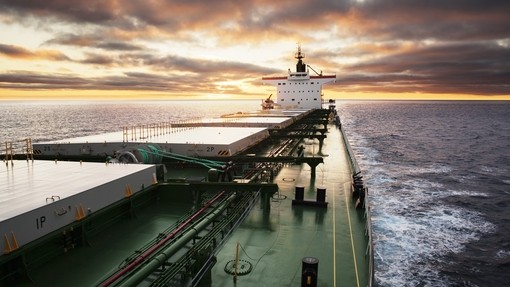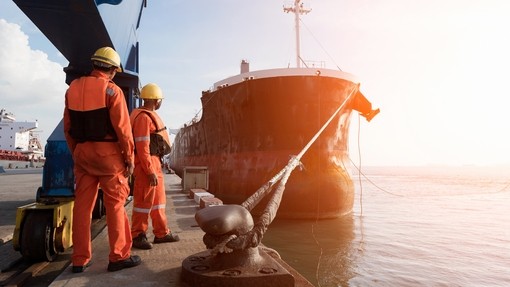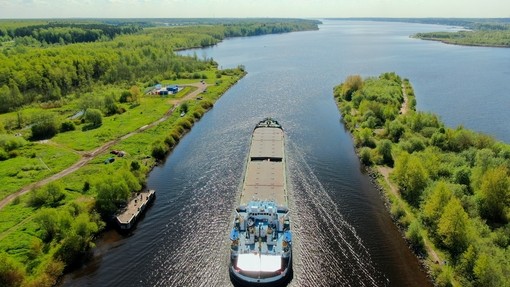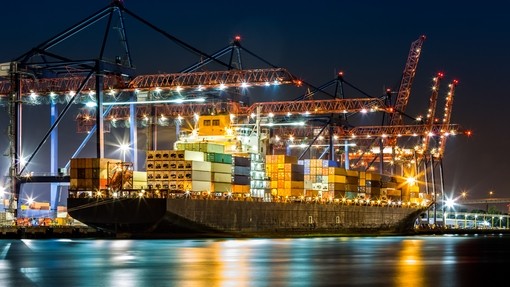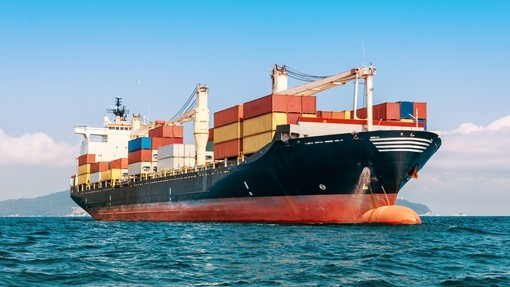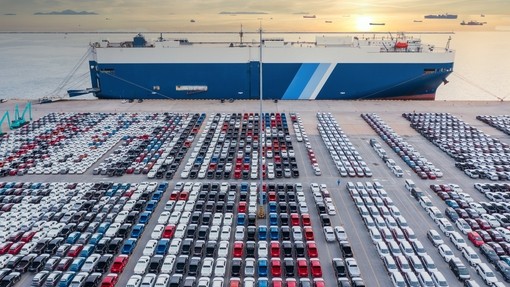Decarbonisation and shipping: EU Emissions Trading Scheme – Update (June 2022)
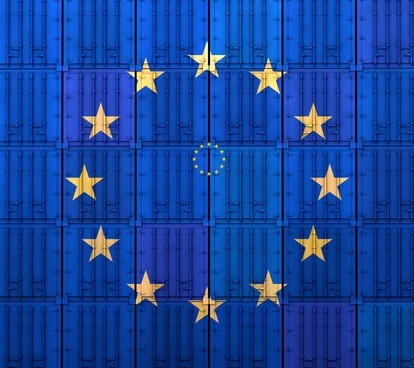
Details
This article updates our two previous insight articles (15 December 2020 and 11 August 2021) relating to the EU Emissions Trading Scheme (EU ETS), with commentary on the proposal brought forward by the EU on 22 June 2022.
The current proposal is the third iteration of a proposal by the EU to include emissions from maritime within its pre-existing Emissions Trading Scheme. Lack of accord between the Council, Commission and Parliament having, so far, prevented any proposal passing into legislation.
As a result of the ongoing negotiations, the date of application of the new rules, if the proposal does come into force, has again being pushed back a year. This time from 1 January 2023 to 1 January 2024. A development likely to be greeted as welcome breathing space and preparation time by industry.
We look at the key revisions to the proposal below.
What emissions does the new proposal cover?
Carbon dioxide, methane and nitrous oxide emissions will all fall within the scheme (not only carbon dioxide emissions as previously proposed), and allowances must be submitted as follows:
- From 1 January 2024, for:
- 100% of emissions on voyages within the EU or at berth in ports within the EU; and
- 50% of emissions on voyages into and out of the EU (unless the distance is less than 300 nautical miles, in which case 100% of emissions)
produced by ships of 5,000GT or over.
- From 1 January 2027, for:
- 100% of emissions on voyages within the EU or at berth in ports within the EU; and
- 100% of emissions on voyages into and out of the EU unless certain conditions apply (ie the voyage is from or to a port outside the EU which is subject to an equivalent emissions trading scheme, or a port within a Least Developed Country or Small Island Developing State);
produced by ships of 400GT or over.
In preparation for the emissions of ships of 400GT and over being included in the scheme from 2027 onwards, it is proposed that the related EU MRV Regulation (pursuant to which emissions data from ships must be reported) be amended to apply to ships of 400GT and over from 1 January 2024.
It is also proposed that the EU MRV be expanded to require reporting on methane and nitrous oxides, as well as carbon dioxide.
Who will be responsible for compliance?
The party responsible for submitting allowances covering the emissions falling within the scheme is, as previously, the ‘shipping company’, which is defined as:
‘the shipowner or any other organisation or person, such as the manager or the bareboat charterer, that has assumed the responsibility for the operation of the ship from the shipowner and that, on assuming such responsibility, has agreed to take over all the duties and responsibilities imposed by the International Management Code for the Safe Operation of Ships and for Pollution Prevention, set out in Annex I to Regulation (EC) No 336/2006 of the European Parliament and of the Council [the ISM Code].’
However, the new proposal includes a provision requiring that where another party, not the shipping company, is ultimately responsible for purchasing fuel or the operation of the ship (for example, taking decisions in relation to the cargo carried, choice of route and speed), the ‘costs arising from compliance’ shall be the responsibility of that other company pursuant to the contractual arrangement between it and the shipping company.
There is also a provision requiring that Member States ensure that the shipping company has an appropriate and effective means of recovering the costs arising from compliance.
The Ocean Fund
Under the new proposal 75% of the revenues generated by the EU from the auctioning of maritime allowances will go to an Ocean Fund, the purpose of which will be to support the decarbonisation of maritime transport.
There is also an interesting new provision for the Ocean Fund to submit allowances on behalf of a shipping company, to ease administrative burden on the company, provided that the shipping company pays an annual membership to the fund.
The price of membership is to be fixed by the Ocean Fund by 28 February each year and shall be at least the highest primary or secondary market settlement price for allowances in the preceding year, applied to the total emissions reported by the shipping company under the related EU MRV Regulation in the preceding year.
Conclusion
The revised proposal broadens the application and impact of the EU ETS to shipping and represents a bigger stride towards the EU’s emission reduction goals than the previous two proposals.
If enacted, the proposal will give Owners legislative backing for the insertion of cost allocation clauses in charterparties and whilst this of itself is not likely to be hugely disruptive (Owners would probably have sought these clauses anyway) the revised proposal may helpfully circumvent time and costs spent arguing about where the costs of compliance should ultimately fall. That said, interesting questions of law will arise where no such clauses have been inserted and Owners seek to recover costs in relation to contracts not subject to EU law, for example English law charterparties.
Additionally, the meaning of ‘costs arising from compliance’ is likely to be a hotly debated topic between Owners and Charterers, with Charterers seeking to interpret the provision narrowly (costs of allowances only) and Owners relying on a broader interpretation (cost of allowances + administrative costs).
The issue of how and by whom allowances are to be obtained and surrendered will also need to be worked out between the parties, and careful thought given as to whether the benefits of a certain price, if Owners join the Ocean Fund, outweigh the disadvantages of a price that could run above the market price.
In any event, the proposed pushing back of the date of application, from 1 January 2023 to 1 January 2024, will be welcomed as time to consider the issues and prepare.

